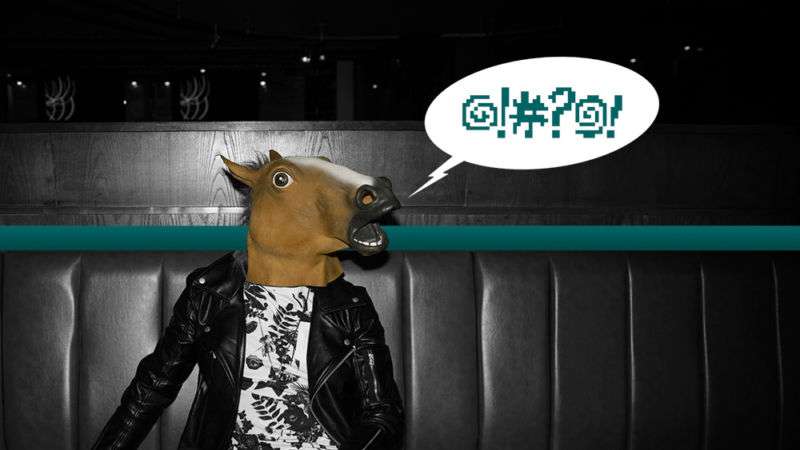
Anonymous “Anonymous Cowards” are, for now, not welcome on Slashdot

On August 9, tech news aggregator Slashdot quietly removed one of its earliest features, which had been available to all visitors since its founding in 1997: the ability to post comments as an “Anonymous Coward.” And while the feature returned within five days, it returned in a largely nerfed format.
Users can now only access the “Anonymous Coward” feature if they are logged in with a valid account, thus attaching some form of tracked use for anybody on the site. Slashdot administrators say this change is currently “temporary.”
“Absolutely, only” meant to combat spam
The decision comes after a surge of public pressure against anonymous imageboard services—particularly 8chan, where a deadly shooter’s manifesto was apparently posted. That pressure prompted cloud provider Cloudflare (and other replacement services) to stop offering services to the sites.
In an email interview, Slashdot president Logan Abbott says that the decision has nothing to do with Cloudflare’s moves to cut ties with 8chan, Daily Stormer, or other controversial sites. Instead, he says the change is “absolutely, only” meant to combat spam.
“The spam was simply too great and coming from extremely dedicated trolls,” Abbott says, and he points to large walls of text and SEO spammers as some of the site’s most notorious posters. Abbott says he isn’t sure why anyone would think they have a “right” to post on someone’s website anonymously. He also points to Slashdot’s account-creation process currently requiring a bare minimum of personal details, though creating an account does require a verified email address and tracks the user’s IP address.
Abbott claims that the move is meant to make the site’s existing moderation system more productive. Slashdot’s community largely serves as moderators, and users with a high “karma” ranking at the site are more likely to be granted “mod points” upon logging in. These points can be spent on a limited number of votes to either promote or bury other users’ comments, all while assigning values such as “insightful,” “funny,” “overrated,” or “flamebait.”
Thanks to an apparently rising amount of spam, most Slashdot users were spending most of their mod points on downvoting spam instead of moderating legitimate user comments, Abbott says.
“Technically, that’s informing them”
Community members certainly noticed the change, though without an official announcement post to discuss it, they took it upon themselves to raise the issue in otherwise unrelated Slashdot threads.
One angry user erupted within a thread about “the golden age of open source,” to which Slashdot user thereitis commented, “I think disabling anonymous commenting will have more benefits than drawbacks (for example, giving those who run the site more important things to work on than preventing hateful or troll spam) and it was the right call. Certainly better than requiring a captcha for every post.”
“The improvement in quality of discussion so far speaks for itself,” Abbott says.
Interestingly, if you disguise yourself as an “Anonymous Coward” for a particular post, its resulting karma score won’t affect the primary, connected account. As far as a lack of public announcement about the change, Abbott tells Ars: “We didn’t make some grand announcement because this is temporary. Seeing how it goes for a week or two. If someone tries to post anonymously, it displays a message saying it’s been disabled. Technically, that’s informing them.”
A 2016 public poll at Slashdot asked its readers, “Should Slashdot remove the ability to post anonymously?” The results from 13,669 responders was a resounding “No” at 71%. “Yes” and “All my posts are written by Cowboy Neil” (a Slashdot in-joke) came in at 13% and 14%, respectively.
Former Slashdot contributor Jon Katz wrote a lengthy defense of the site’s Anonymous Coward feature in 1999. In addition to the regular defense of anonymous online speech as an enabler for whistleblowing, Katz went so far as to say, “maybe out of self-delusion, I equate flaming with being interesting.”




